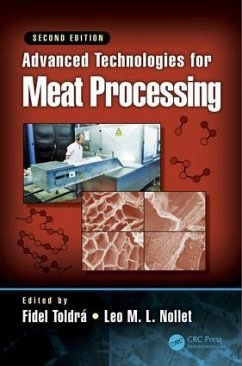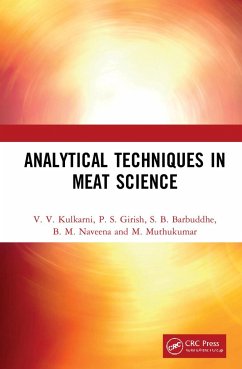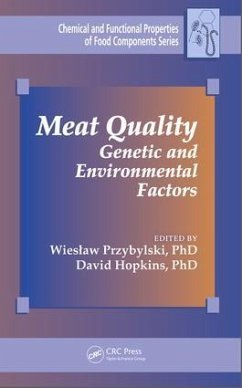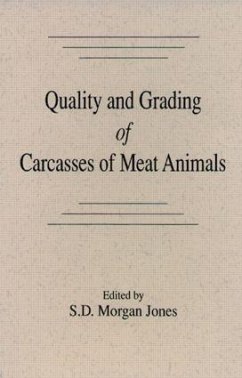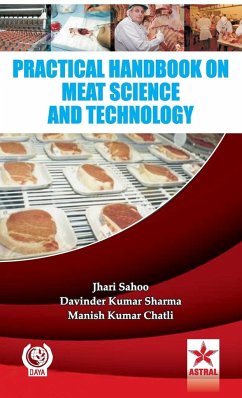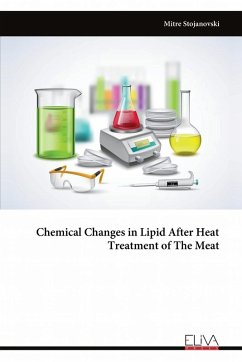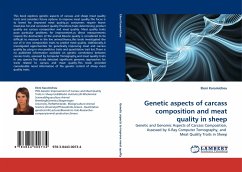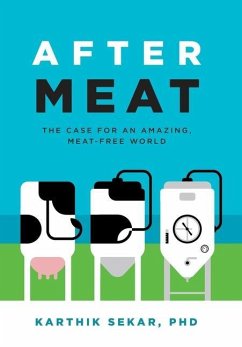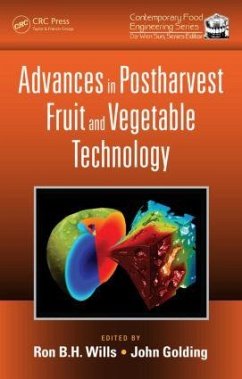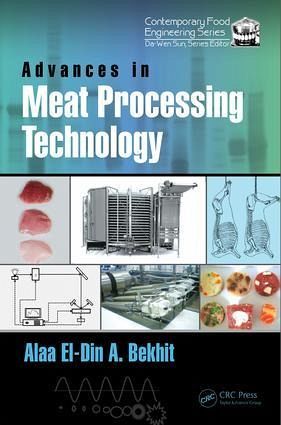
Advances in Meat Processing Technology
Versandkostenfrei!
Versandfertig in 1-2 Wochen
285,99 €
inkl. MwSt.
Weitere Ausgaben:

PAYBACK Punkte
143 °P sammeln!
This book covers fundamental, recent developments in meat processing, emphasizing the mechanism of action of these technologies and their impact on the final product characteristics and consumer acceptability.




